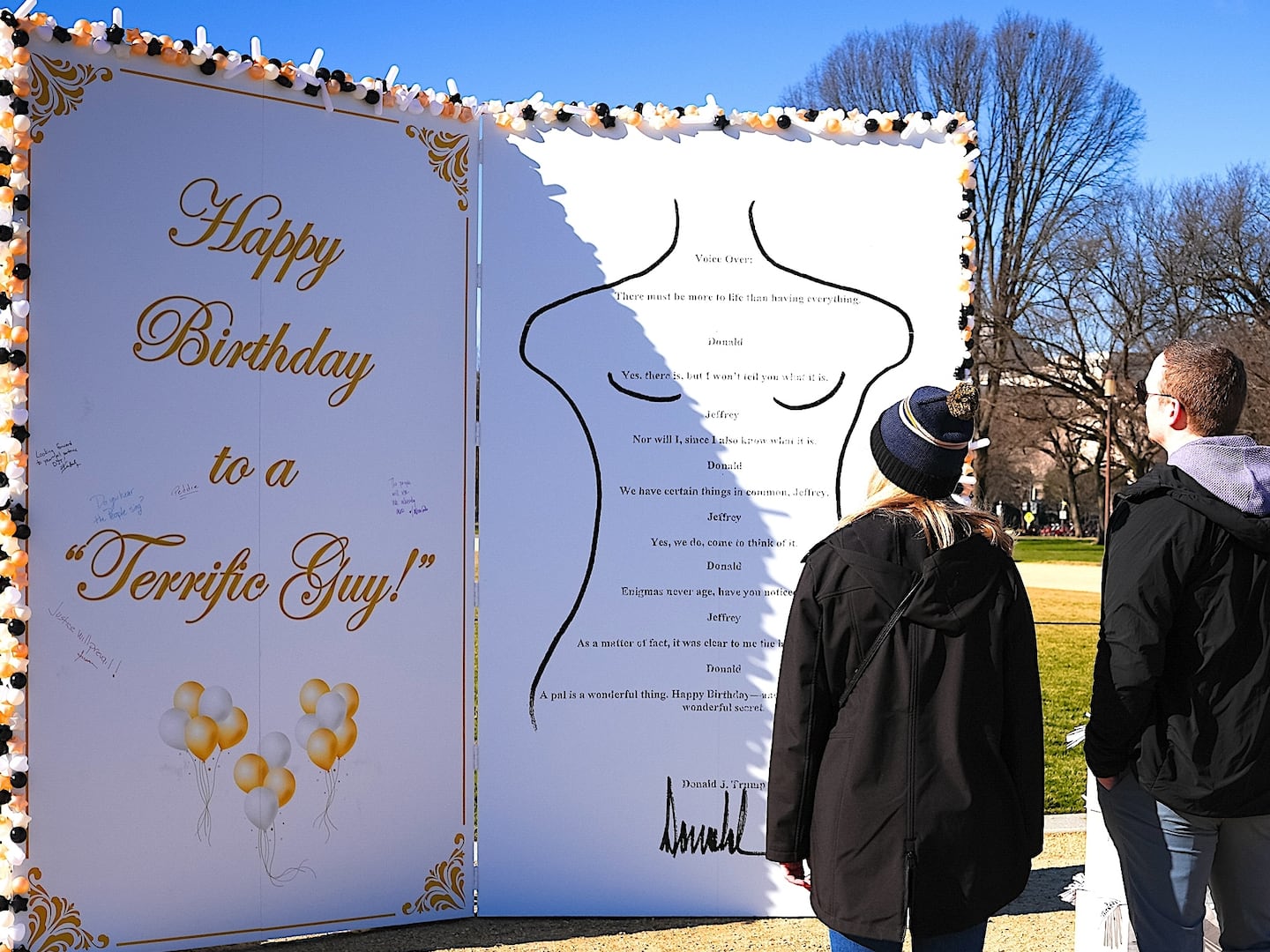Less than a week after 14-year-old Malala Yousafzai was shot by the Taliban for demanding the right to go to school, the Taliban have issued yet another threat of violence against her and her supporters.
By denigrating Malala’s campaign for women’s education as “an obscenity,” the Taliban have provoked worldwide revulsion that has now led to a global petition demanding new rights for girls. In the last few days Pakistan has seen a prayer day, a lawyers strike, and hundreds of “chains of hope” formed in city-by-city support of Malala.
Political and military leaders have flocked to Malala’s bedside. And I have just been invited by the Pakistani government in my role as U.N. special envoy for global education to bring a delegation of education leaders to meet President Asif Ali Zadari on Nov. 10 to discuss how Pakistan can achieve education for all. Demonstrations for Malala have spread out of Pakistan—not just to Bangladesh, India, and Afghanistan, but around the world. Offers of support have poured in to guarantee not only schooling but also security to Pakistani girls like Malala, so that they are no longer deprived of their right to education.

Let’s take this moment of global solidarity to champion the cause that Malala is so bravely fighting for.
The words “I am Malala”—seen on T-shirts, placards, and websites—have been adopted by young people everywhere, boldly challenging the Taliban and affirming the right of every single girl to education.
Throwing off half her clothes at a U.S. concert while championing Malala’s cause, Madonna evoked a hostile reaction in the Arab world—but generated a new wave of interest in the young girl. Now the worldwide petition built around a new video in support of Malala, launched on the website www.educationenvoy.org, is amassing the names of thousands of students and young people and will be presented to Pakistan’s President Zadari and to U.N. Secretary-General Ban Ki-moon.
Malala is fast being adopted as every child’s sister and every parent’s daughter. For one Malala shot, there are now thousands of even younger Malalas ready to come forward. We may not yet be seeing a 2012 Asian autumn led by children to mirror the Arab spring, but the spontaneous wave of protest we are witnessing shows that children are more assertive of their right to education than the leaders who promised to deliver it. Indeed the protests reveal a world no longer willing to tolerate the gap between the promise of opportunity for all and the reality of 61 million boys and girls shut out from even the most basic of primary schooling.
On Tuesday a United Nations education audit that I will launch with UNESCO director Irina Bokova will expose that for too long we have been too complacent in assuming inevitable year-by-year progress to universal education. The report will reveal that despite a global commitment that every child would be in primary school by 2015, there are still 61 million children of primary-school age who are not in education, 32 million of them girls.
The arithmetic of educational neglect makes grim reading. Fifteen million children who should be at primary school are working full time. Ten million girls every year leave education to become child brides, and millions more are trafficked. And in some areas of the world we are not just stalling, but sliding backwards. The UNESCO report will highlight how much we have neglected 28 million out-of-school refugee girls and boys, displaced children in the camps, tents, and shacks of broken-down regimes and conflict zones.
Yet today just $3 billion of global aid goes to education, amounting to a meager, shameful $12 per child in Africa, hardly enough to finance a schoolbook and far less a teacher or a school.
As need rises, aid is falling this year, and unless something is done, it will fall every year through 2015. Yet because of a new initiative, Education First, launched last month by Ban Ki-moon, bringing together every U.N. and World Bank institution concerned with education, we can act quickly and ensure that Malala’s suffering will not be in vain.
Young people round the world should demand that each country where children are out of school prepares a national plan setting out exact teacher needs—and the building and financing requirements for achieving the 2015 target. At the core of each plan should be strategies for policing an end to child labor, child marriage, and discrimination against girls.
Money that is set aside for more investment in teachers and training should extend to meeting the needs of 18 million blind and disabled boys and girls, as well as rural girls from poor households and the most marginalized urban social groups. Building on Education First, the U.N. and the World Bank are now well placed to champion the “big push” toward 2015 and will hold a joint summit with governments in April in Washington. By then, perhaps, we may be able to say not only “I am Malala,” but that girls like Malala everywhere will soon be going to school.
Ex–U.K. prime minister Gordon Brown has just been appointed U.N. special envoy for global education. The “Support Malala” petition is also found on iammalala.org and marchformalala.org.






